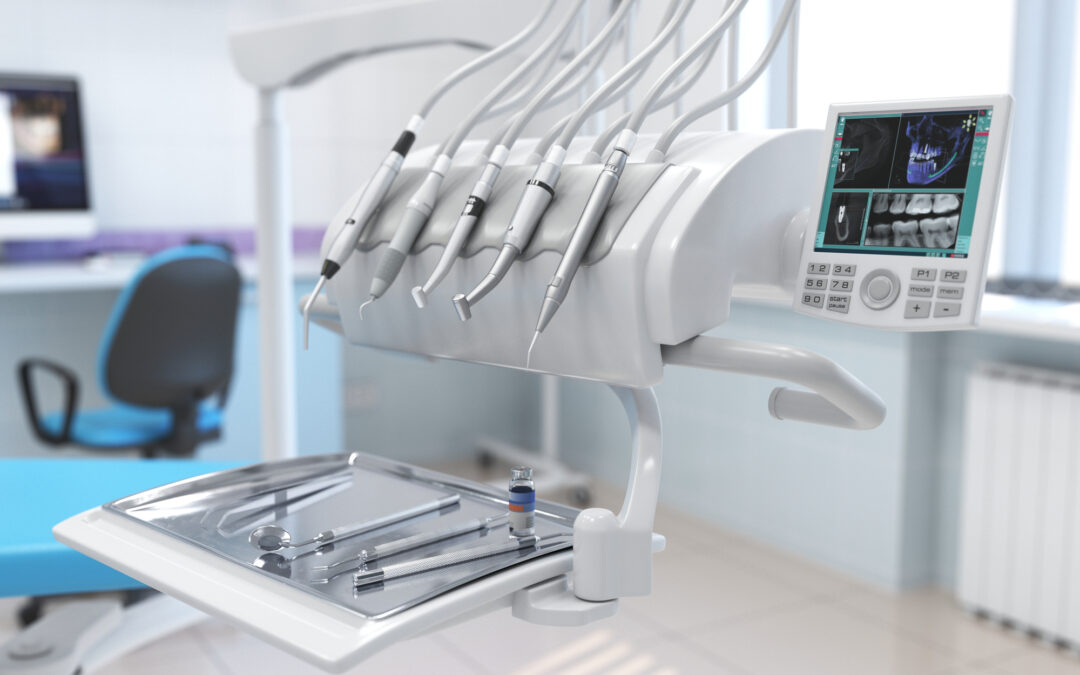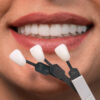As we approach 2025, the dental industry is poised for significant transformation driven by technological advancements, shifting patient expectations, and an increased focus on holistic and personalized care. This transformation will redefine how dental practices operate, enhance patient experiences, and ultimately improve outcomes. In this article, we explore the key changes expected in the dental industry in 2025, with a focus on holistic dentistry and the patient-centered care model.
The Rise of Holistic Dentistry
One of the most exciting shifts in the dental industry is the growing prominence of holistic dentistry. Holistic dentistry, also known as biological or integrative dentistry, emphasizes the connection between oral health and overall well-being. Unlike traditional dental practices, which primarily focus on addressing symptoms and treating dental problems in isolation, holistic dentistry takes a more comprehensive approach to care.
By 2025, more dental professionals are likely to integrate holistic practices into their daily operations. This approach considers the patient’s entire physical, emotional, and environmental health when providing dental treatment. It also incorporates alternative therapies such as acupuncture, herbal remedies, and nutritional counseling to promote oral health and healing.
The increasing awareness of the potential health risks posed by traditional dental materials, such as mercury in amalgam fillings, is driving the demand for safer, more biocompatible alternatives. In 2025, expect more dental clinics to use materials that are non-toxic and bio-friendly, further aligning with holistic practices. There will also be a stronger emphasis on preventive care, with more patients opting for natural approaches to maintain their oral health rather than relying on reactive treatments.
Holistic dentistry not only enhances patient outcomes but also supports overall wellness by addressing the root causes of dental issues. This approach will continue to gain traction as people become more mindful of their health and well-being in the coming years.
The Patient-Centered Care Model
Alongside the rise of holistic dentistry, the patient-centered care model is set to become the cornerstone of dental practices by 2025. This model shifts the focus from a dentist-driven approach to one where the patient’s needs, preferences, and values guide treatment decisions. The patient-centered care model aligns perfectly with the trend of increasing personalization in healthcare.
In 2025, dental offices will be designed to prioritize comfort, trust, and collaboration. Patients will be more actively involved in the decision-making process regarding their treatment options, which can lead to improved outcomes and a higher level of satisfaction. As part of this model, dental professionals will spend more time understanding their patients’ individual concerns, preferences, and goals for their oral health.
Technology will play a crucial role in enhancing the patient-centered care model. With the advancement of artificial intelligence (AI), machine learning, and predictive analytics, dentists will be able to offer more personalized treatment plans based on a patient’s unique oral health history, genetics, and lifestyle factors. These technologies will help dentists predict potential oral health issues before they become significant problems, enabling earlier intervention and more effective treatment.
Additionally, the patient-centered care model will encourage open communication and a more collaborative relationship between patients and dental professionals. In 2025, patients will likely have access to digital platforms that allow them to communicate with their dentist, track their treatment progress, and ask questions in real-time. Virtual consultations, tele-dentistry, and secure online portals will all contribute to improving the patient experience by making care more accessible and convenient.
The Role of Technology in 2025
Incorporating cutting-edge technology into dental practices will be a hallmark of the dental industry in 2025. AI-powered diagnostic tools will enable dental professionals to detect issues like cavities, gum disease, and oral cancer at earlier stages, resulting in more effective treatments. AI will also streamline administrative tasks, allowing dental professionals to focus more on patient care and reducing wait times.
Another major technological advancement that will impact the dental industry is the use of 3D printing. By 2025, dental clinics will increasingly rely on 3D printing to create custom dental implants, crowns, and bridges with greater precision and speed. This will reduce the need for multiple visits and long waiting times, improving patient satisfaction and enhancing overall treatment outcomes.
Additionally, virtual and augmented reality (VR/AR) will provide more immersive patient experiences. Patients could use AR to see 3D models of their dental treatments before proceeding, giving them a better understanding of the procedure and reducing anxiety. VR could also help ease dental phobia by offering relaxing, virtual environments during procedures.
Preventive Care and Wellness
The dental industry in 2025 will see a stronger emphasis on preventive care. This shift reflects a broader trend in healthcare, where there is a growing recognition that prevention is more effective—and often more cost-efficient—than treatment. With the support of advanced technologies like AI, dentists will be able to offer more proactive care, including personalized dental hygiene programs and early intervention strategies for conditions such as gum disease, tooth decay, and oral cancer.
The integration of wellness practices into dental care will also grow in importance. In 2025, dental offices may offer wellness services that go beyond traditional dental care, such as stress management techniques, sleep apnea treatment, and nutritional counseling. These holistic services will support the overall health and well-being of patients, reinforcing the connection between oral health and systemic health.
The dental industry in 2025 will be a dynamic and patient-focused environment driven by technological innovation and an increased emphasis on holistic practices. Holistic dentistry and the patient-centered care model will play a key role in transforming patient experiences, ensuring that care is personalized, comprehensive, and centered around overall health and well-being. With advancements in technology, preventive care, and a more collaborative approach between patients and dental professionals, the future of dentistry is looking brighter than ever. As the industry evolves, dental practices will continue to strive for better outcomes, improved patient experiences, and a more integrated approach to healthcare.






